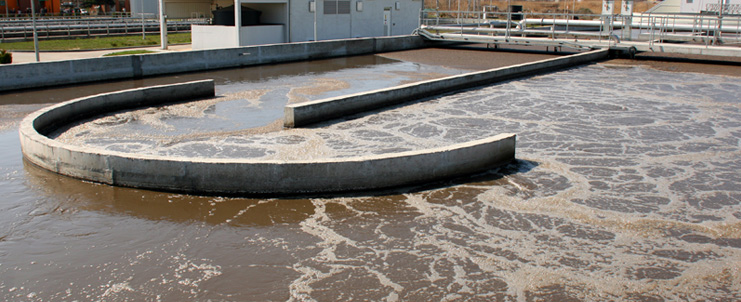Themes
Waste management
Rapid urbanization, industrialization, and changing lifestyles are resulting in the generation of huge amounts of wastes in urban/industrial areas in the country. It is found littered all over the city landscape leading to unsanitary living conditions.
Presently, as reported, about 960 MT of solid waste is generated every year in India from industrial, mining, municipal, agricultural, and other sources. Of this, about 290 MT are inorganic wastes of industrial and mining origin, 6.23 MT are hazardous wastes of industrial origin, 57 MT are estimated to be municipal solid waste, and about 350 MT are organic wastes from agricultural sources. In addition, as per Central Pollution Control Board estimates, the class I cities and class II towns in the country generate around 38,254 MLD of sewage of which only 11,787 MLD (31 per cent) is treated and the balance is discharged untreated.
With rapid urbanization, the situation is becoming critical. Municipal laws governing the Urban Local Bodies do not have adequate provisions to deal effectively with the ever-growing problem of solid waste management. Several chapters of Agenda 21 deal with environmentally sound management of toxic chemicals, hazardous wastes, solid wastes, and radioactive wastes. It stresses on the direct need to manage waste, or advocate the institution of measures that reduce generation of waste, or its effective integration into recycling or reuse scheme that maintains material flow loops. It is of paramount importance, therefore, to ensure that solid waste management services are delivered in sustainable manner in cities with minimal environmental/social/health impacts.
Sustainability in delivery of waste management services is defined as process seeking appropriate levels of source segregation, recycling, and resource recovery with environmentally appropriate technologies and involving cost recovery mechanisms for long-term financial sustainability leading to conservation of natural resources by minimizing the health, environmental, and aesthetic impacts of solid wastes. The most applied tool for achieving sustainability in waste management is to adopt the concept of integrated sustainable waste management approach (ISWM). The concept of ISWM recognizes three important dimensions in waste management: i) the stakeholder involvement; ii) technical and management related aspects; and iii) local context affecting the sustainability in the given geographical setting.
The concept of ISWM not only takes technical and financial/ economic sustainability into account, but also includes socio-cultural, environmental, institutional, and political aspects that influence overall sustainability of waste management. In the context of ISWM, ‘sustainable’ can, thus, be described as:
• Appropriate to the local condition from a technical, environmental, social, economic, financial, institutional, and political perspective;
• Capable of maintaining itself over time without exhausting the resource it needs; and
• Complying with local regulation.






